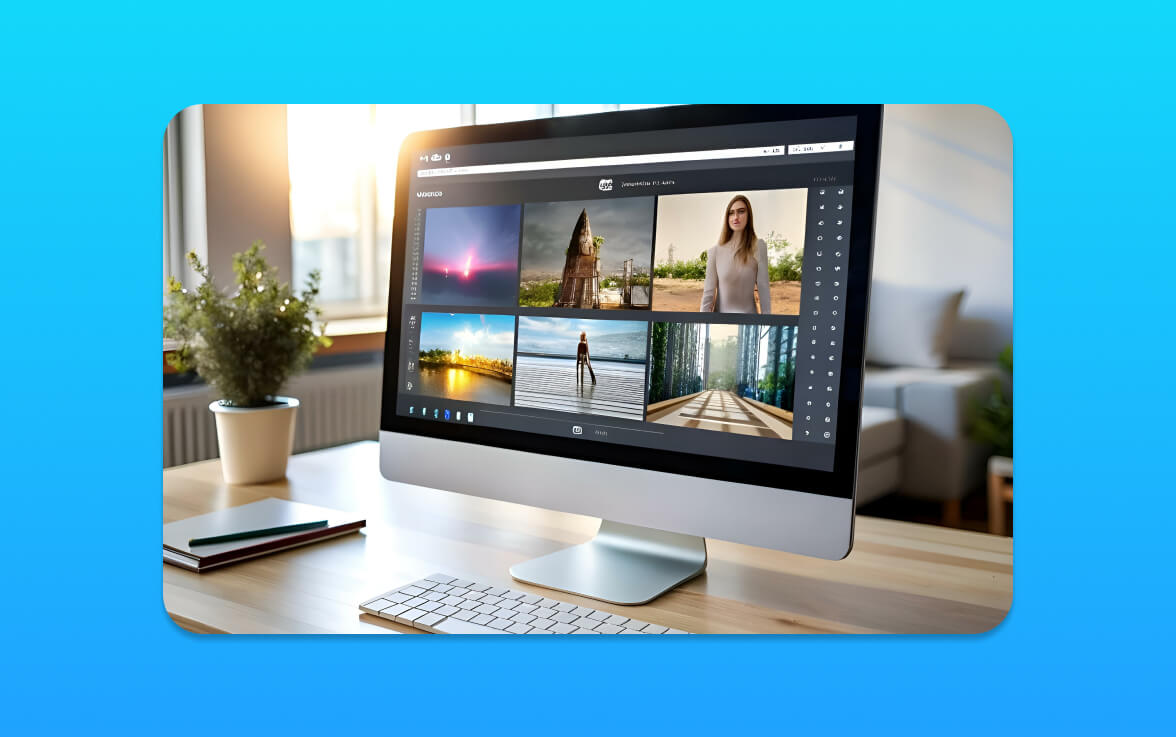Introduction
AI is revolutionizing web design and user experience (UX) by automating processes, enhancing personalization, and improving efficiency. As websites become increasingly complex, AI provides innovative solutions that streamline design, optimize UX, and improve engagement.
AI in Web Design: An Overview
AI is changing web design by offering tools that automate tasks, generate layouts, and optimize user interactions. Designers now use AI-driven algorithms to create responsive, data-driven, and highly personalized websites.
AI-Powered Website Builders
Platforms like Wix ADI, Bookmark AiDA, and The Grid use AI to create websites in minutes. They analyze user inputs and generate layouts that fit business needs, making website creation accessible even to those with no coding experience.
Automated Web Design: Benefits & Drawbacks
Benefits:
- Faster development process
- Cost-effective for small businesses
- Consistency in design
Drawbacks:
- Lack of unique creativity
- Overuse of templates
- Limited customization options
AI and Personalization in UX
AI enhances UX by providing personalized content, product recommendations, and user-driven experiences. Platforms like Amazon and Netflix use AI to suggest relevant products and shows based on user behavior.
AI Chatbots & Virtual Assistants
AI chatbots improve customer support by providing instant responses, reducing wait times, and assisting users with navigation. Chatbots like Drift and Intercom enhance engagement and boost conversions.
AI for Responsive & Adaptive Design
AI ensures websites are mobile-friendly and adaptable to various screen sizes. AI-powered frameworks help adjust layouts dynamically, improving accessibility and usability.
AI in UX Research and Analysis
AI-driven tools like Crazy Egg and Hotjar use heatmaps and behavior tracking to analyze user interactions. This data helps designers improve UI/UX based on actual user behavior.
Voice Search Optimization & AI
AI enhances voice search by improving NLP (Natural Language Processing). Websites optimized for voice search rank higher in search engines and provide better accessibility for users with disabilities.
AI and A/B Testing for UX Improvement
A/B testing powered by AI allows designers to test multiple variations of a webpage and get data-driven results faster. AI tools like Optimizely and Google Optimize automate this process for better UX decisions.
AI-Generated Content and Copywriting
AI tools like Jasper and Copy.ai generate high-quality content based on prompts. These tools help businesses create blog posts, product descriptions, and social media content efficiently.
AI and Cybersecurity in Web Design
AI strengthens website security by detecting threats, blocking malicious activities, and predicting vulnerabilities. AI-driven cybersecurity solutions help protect user data and prevent cyberattacks.
Future Trends in AI and Web Design
AI will continue evolving, with trends like AI-powered design assistants, hyper-personalization, and enhanced automation shaping the future of web design.
AI vs Human Designers: The Debate
While AI can automate many design tasks, human creativity remains irreplaceable. AI works best as an assistant rather than a replacement for web designers.
Conclusion
AI is transforming web design and UX, making websites smarter, more intuitive, and highly personalized. As AI continues to evolve, businesses must embrace its potential while balancing automation with human creativity.
FAQs
- Can AI replace web designers completely?
No, AI can assist but not replace human creativity and strategic thinking in web design. - What are the best AI tools for website design?
Wix ADI, Bookmark AiDA, The Grid, and AI-powered UX tools like Crazy Egg. - How does AI improve user experience on websites?
AI personalizes content, automates chat support, and optimizes layouts based on user behavior. - Is AI-generated content good for SEO?
Yes, but it should be human-edited to maintain authenticity and avoid generic content. - How will AI impact web design in the future?
AI will drive automation, enhance UX personalization, and improve accessibility, shaping the future of digital experiences.

